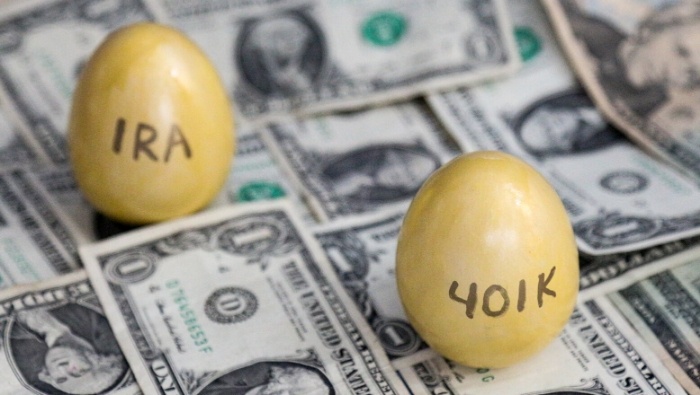7 Penalty-Free Ways To Withdraw Money From Your Retirement Account
by Ryan Vance

You might not have to wait until you’re 59 1/2 to access money from your retirement account without penalty if you need it for one of these situations.
Under most circumstances, an early withdrawal of money from a 401K account or IRA (Individual Retirement Account) would trigger a 10% penalty fee.
However, there are certain circumstances when you can withdraw money from your IRA without penalty.
Here are seven ways to access that money early without penalty.
1. Health Insurance Premiums During Unemployment
If you become unemployed and lose your health coverage, you will definitely have difficulty affording monthly premiums. Once you have been unemployed for 12 weeks continuously, the IRS allows you to make a penalty free withdrawal from your IRA (Individual Retirement Account) to cover health insurance premiums.
This privilege will expire once you have been reemployed for 60 days and more.
2. First Home Purchases
If you find yourself in a situation whereby you are $10,000 or less short of the down payment for your first home purchase, then you can withdraw from your IRA without penalty.
This withdrawal can also be applied to the payment of qualified cost of buying, building, or rebuilding a property.
Sign Up for Savings
Subscribe to get money-saving content by email that can help you stretch your dollars further.
Twice each week, you'll receive articles and tips that can help you free up and keep more of your hard-earned money, even on the tightest of budgets.
We respect your privacy. Unsubscribe at any time.
3. Higher Education Expenses
You can also apply for an early withdrawal from an IRA account without incurring penalty to cover qualified higher education expenses. This includes the cost of tuition, books, supplies, and equipment required for the attendance of a higher institution. This privilege applies whether you are the person getting a higher education, your spouse, children, grandchildren, or dependents.
Remember that withdrawals from an IRA account would most likely count as an income for the student beneficiary thereby limiting eligibility for financial aid.
Expert Interview: Could Paying for Kids’ College Hurt Your Retirement?
4. IRS (Internal Revenue Service) Debts
Another scenario when the 10% penalty will not apply to an early withdrawal from an IRA is if the withdrawal is meant to pay an IRS debt.
5. Large Medical Bills
If you incur large medical bills, a withdrawal to pay those bills would be exempted from the 10% penalty fee for early withdrawals.
Note that you would need to provide evidence that the withdrawal is meant to pay for medical expenses.
6. 401k Loan
You are allowed by the IRS to borrow against your 401k provided your employer permits it without triggering the 10% penalty fee.
7. Cover Expenses after Disability
Another instance when you can withdraw from your IRA early without penalty is to cover expenses after a total or permanent disability.
You will, however, have to provide documentation from your physician to be eligible for this privilege.
Reviewed November 2023
Sign Up for Savings
Subscribe to get money-saving content by email that can help you stretch your dollars further.
Twice each week, you'll receive articles and tips that can help you free up and keep more of your hard-earned money, even on the tightest of budgets.
We respect your privacy. Unsubscribe at any time.
Popular Articles
- 7 Habits of Highly Frugal People
- 5 Simple Budget Cuts That Can Save $200 a Month
- How to Track Down Unclaimed Funds Owed You
- 32 Ways to Save Money on Your Utility Bills
- Do You Need Credit Life Insurance When Buying a New Car?
- How to Maximize Profits When Selling Online
- Staying Motivated to Continue Digging Yourself Out of Debt


